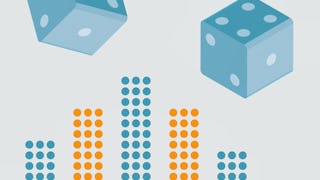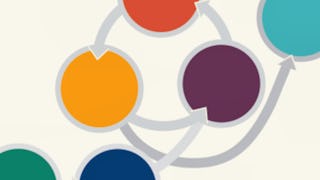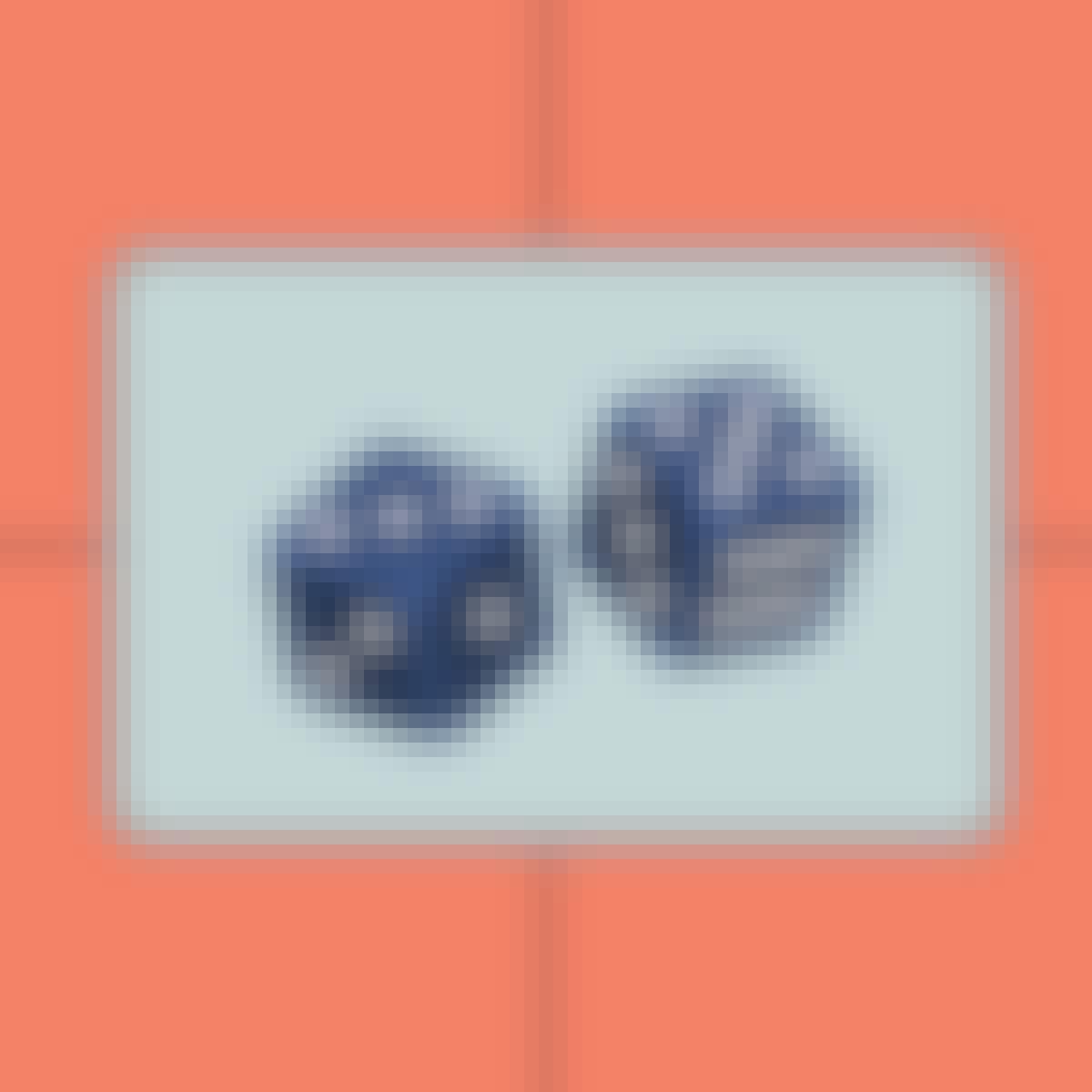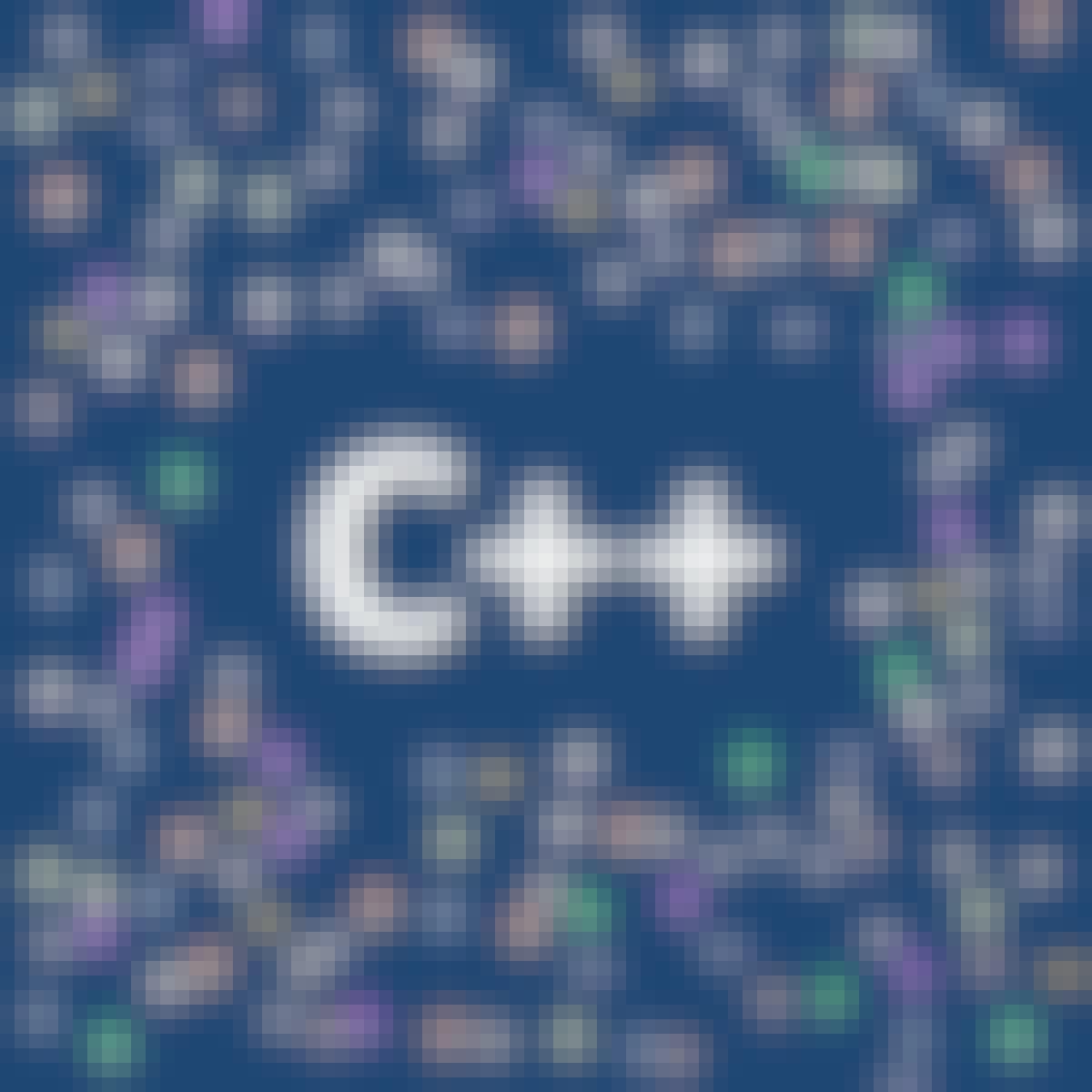Filter by
SubjectRequired
LanguageRequired
The language used throughout the course, in both instruction and assessments.
Learning ProductRequired
LevelRequired
DurationRequired
SkillsRequired
SubtitlesRequired
EducatorRequired
Find the Best C Programming Course for Your Goals
 Status: Preview
Status: PreviewNational Taiwan University
Skills you'll gain: C (Programming Language), Programming Principles, Computer Programming, Algorithms, Data Structures, Debugging
 Status: Free Trial
Status: Free TrialUniversity of Minnesota
Skills you'll gain: User Story, Agile Software Development, Software Design Patterns, Design Thinking, Software Development Methodologies, Software Design, Agile Methodology, Agile Project Management, Process Mapping, Software Engineering, Kanban Principles, Software Development Life Cycle, Software Quality Assurance, Application Security, Scrum (Software Development), Object Oriented Design, Software Architecture, User Experience Design, Software Quality (SQA/SQC), Requirements Analysis
 Status: Free Trial
Status: Free TrialDuke University
Skills you'll gain: Sampling (Statistics), Exploratory Data Analysis, Statistical Inference, Probability Distribution, Bayesian Statistics, R Programming, Data Analysis, Probability, Statistics, Statistical Analysis, Statistical Software, Descriptive Statistics
 Status: Free Trial
Status: Free TrialUniversity of Virginia
Skills you'll gain: Usability Testing, Agile Product Development, Continuous Delivery, Agile Software Development, User Story, Agile Methodology, Product Testing, Agile Project Management, Team Performance Management, Team Management, Design Thinking, Team Building, Team Leadership, Product Improvement, DevOps, Customer Analysis, Analytics, Product Management, Product Development, Persona (User Experience)
 Status: Free Trial
Status: Free TrialDuke University
Skills you'll gain: C (Programming Language), Data Structures, Program Development, Algorithms, Computational Thinking, Computer Programming, Debugging
 Status: NewStatus: Free Trial
Status: NewStatus: Free TrialUniversity of Colorado Boulder
Skills you'll gain: Hardware Architecture, Computer Science, Cloud Development
 Status: Free Trial
Status: Free TrialUniversity of Colorado Boulder
Skills you'll gain: Data Storytelling, Data Presentation, Data Governance, Data Visualization, Data Storage Technologies, Predictive Analytics, Exploratory Data Analysis, Analytics, Business Analytics, Data Storage, Big Data, Risk Analysis, Databases, Data Modeling, Business Analysis, Business Intelligence, Data Visualization Software, Data Analysis, Data Cleansing, SQL
 Status: Free Trial
Status: Free TrialUniversity of Alberta
Skills you'll gain: Software Architecture, Model View Controller, Unified Modeling Language, Object Oriented Design, Service Oriented Architecture, API Design, Web Services, Software Design Patterns, Software Design, Simple Object Access Protocol (SOAP), Microservices, Restful API, Software Visualization, Code Review, Software Systems, Object Oriented Programming (OOP), Software Development, Java, Software Documentation, Application Programming Interface (API)
 Status: Free Trial
Status: Free TrialGoogle Cloud
Skills you'll gain: Cloud Management, Serverless Computing, Google Cloud Platform, Digital Transformation, Data Governance, Cloud Services, Distributed Denial-Of-Service (DDoS) Attacks, Cloud Security, Cloud Infrastructure, Application Programming Interface (API), Real Time Data, Tensorflow, Data Management, Hybrid Cloud Computing, Data Warehousing, Artificial Intelligence, Infrastructure As A Service (IaaS), Cloud Computing, Big Data, Data Security
 Status: Free Trial
Status: Free TrialUniversity of California, Santa Cruz
Skills you'll gain: Time Series Analysis and Forecasting, Bayesian Statistics, R Programming, Forecasting, Statistical Inference, Statistical Modeling, Technical Communication, Statistics, Probability, Statistical Machine Learning, Statistical Analysis, Statistical Methods, Markov Model, Data Analysis, Advanced Analytics, Mathematical Modeling, Microsoft Excel, Data Science, Probability Distribution, Probability & Statistics
 Status: Free Trial
Status: Free TrialUniversity of Colorado System
Skills you'll gain: Unreal Engine, Object Oriented Programming (OOP), C++ (Programming Language), Video Game Development, Debugging, Computer Programming, Event-Driven Programming, Unity Engine, Data Structures, C# (Programming Language), Game Design, Data Storage, Software Design Patterns, Development Environment, Software Documentation, UI Components, Programming Principles, Software Architecture, Software Design, Application Development
 Status: Free Trial
Status: Free TrialSkills you'll gain: Bash (Scripting Language), Unit Testing, Scripting, Unix Shell, Shell Script, Linux Commands, Test Driven Development (TDD), Unix Commands, Unix, Scripting Languages, Development Environment, Operating Systems, Command-Line Interface, File Management, OS Process Management, Automation, Debugging, Python Programming
Searches related to c programming
In summary, here are 10 of our most popular c programming courses
- 計算機程式設計 (Computer Programming): National Taiwan University
- Software Development Lifecycle: University of Minnesota
- Introduction to Probability and Data with R: Duke University
- Agile Development: University of Virginia
- Pointers, Arrays, and Recursion: Duke University
- Efficient Programming: University of Colorado Boulder
- Advanced Business Analytics: University of Colorado Boulder
- Software Design and Architecture: University of Alberta
- Google Cloud Digital Leader Training: Google Cloud
- Bayesian Statistics: University of California, Santa Cruz










